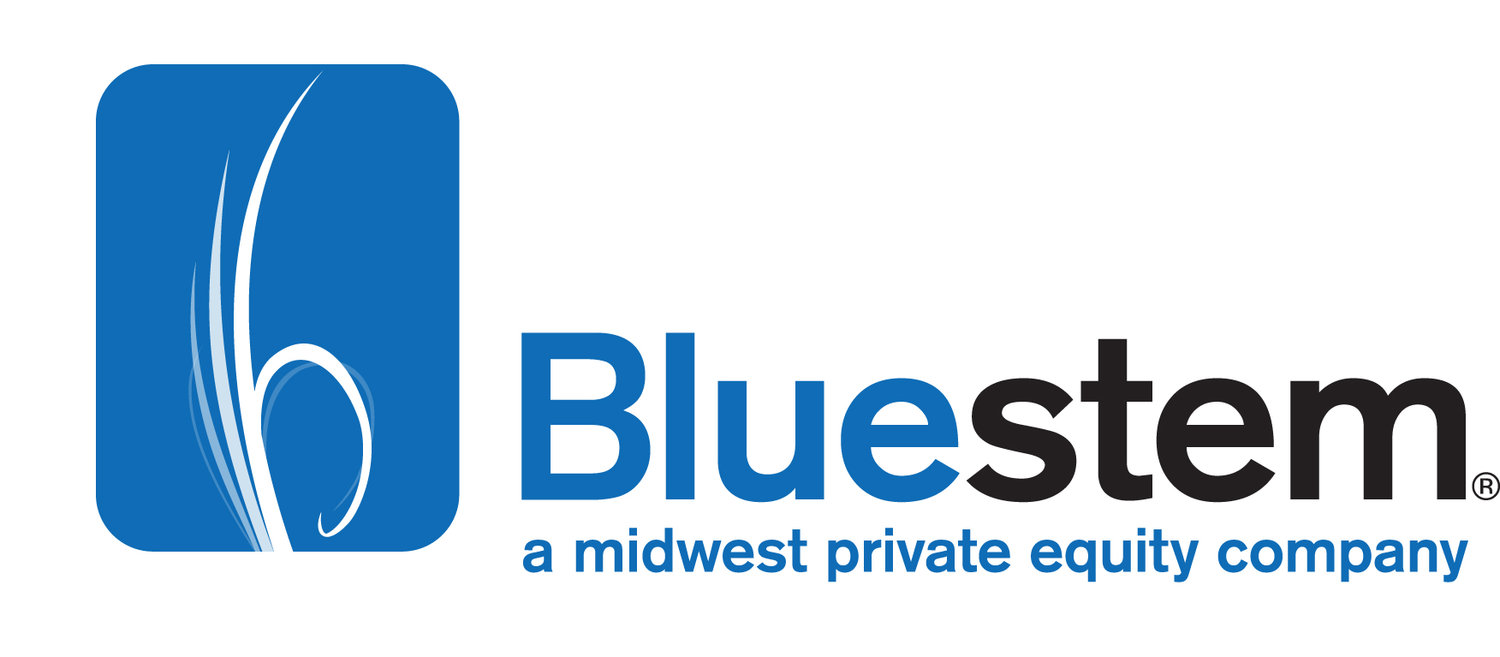Sydnexis Announces Topline Pivotal Data from Phase 3 STAR Trial of SYD-101 for Patients with Pediatric Progressive Myopia Presented at AMCP Nexus 2025
/Largest global clinical trial in pediatric myopia met primary efficacy endpoint of proportion of patients with confirmed progression of -0.75D and key secondary endpoint of annual progression rate
Treatment effects evident by month 12 and sustained through month 36; greatest treatment benefit observed in younger children, in participants with a history of myopia progression, or when administered earlier in progression
SYD-101 well tolerated with no unexpected atropine-related adverse events
DEL MAR, Calif.–(BUSINESS WIRE)–Sydnexis, Inc., (www.sydnexis.com), a biopharmaceutical company focused on pediatric progressive myopia (PPM), today announced topline results from the Phase 3 STAR trial of SYD-101, a proprietary 0.01% atropine formulation developed with enhanced ocular delivery characteristics and room-temperature stability to slow the progression of myopia in children. These findings were recently presented in a poster session at Academy of Managed Care Pharmacy (AMCP) Nexus 2025 in National Harbor, MD.
“The data presented at AMCP Nexus 2025 show strong treatment effects in the full study population at 36 months but in younger patients, the magnitude of effect gets larger, and in patients with documented faster progression, the magnitude of treatment effect increases even more,” said Perry Sternberg, Chief Executive Officer of Sydnexis. “The STAR data demonstrate that younger kids who historically exhibit fast progression, which is the subpopulation of children at highest risk for severe disease, benefit the most from treatment with SYD-101 0.01%.”
The Phase 3 STAR (Study of Atropine for the Reduction of Myopia Progression) trial is the largest global clinical program completed to date in pediatric myopia. It evaluated a broad population of 847 children aged 3-14 at treatment initiation. Participants with myopia -0.50 diopters (D) to ‑6.00D with a mean baseline progression of -2.65D were enrolled across the U.S. and Europe, and randomized (1:1:1) to vehicle (placebo), SYD-101 0.01%, or SYD-101 0.03%. The study’s primary efficacy endpoint was proportion of patients with confirmed progression of -0.75D, an endpoint proposed by FDA and a key secondary endpoint was annual progression rate. SYD-101 0.01% successfully met both the primary and key secondary endpoints. Additionally, SYD-101 was well tolerated with no unexpected atropine-related adverse events.
“Findings from the STAR trial, which is the largest pediatric myopia study to date, reinforce the importance of early intervention, both in terms of patient age and disease progression,” said Christie Morse MD, Executive Vice President of the American Association for Pediatric Ophthalmology and Strabismus. “The results highlight the potential of low-dose atropine to help preserve children’s vision over time, a meaningful step forward in how we approach the management of this increasingly prevalent condition.”
Click here to read the entire press release on the Sydnexis website or click here for a PDF version.
Shared by Tyler Stowater, board member of Sydnexis, Inc.

